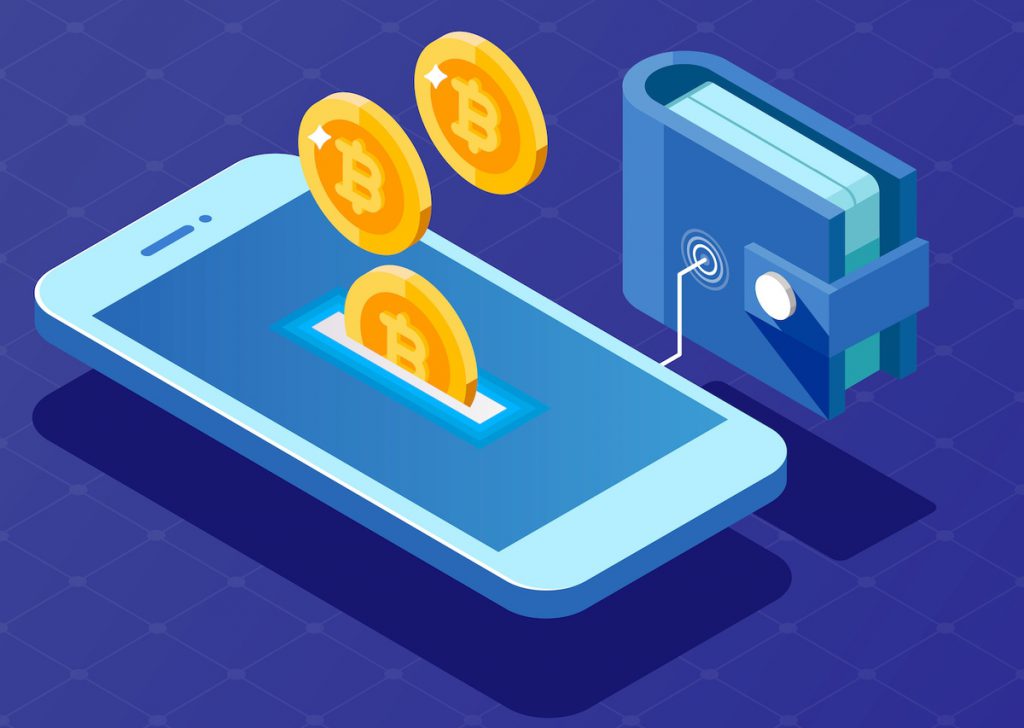Within the crypto sector, how you store your digital assets remains the chief concern for investors. Subsequently, with so many different options, features, and functions, understanding the base difference in wallet types is vital. This leads us to discuss hot wallets vs. cold wallets and to provide you with everything you need to know.
Hot and cold wallets remain the most common means for storing your cryptocurrencies. Distinguishing the differences, and similarities in both, can help investors optimize the specific option that best suits their needs.
Understanding Crypto Wallets


Before understanding the differences between hot and cold wallets, it’s important to understand a crypto wallet in general. Specifically, cryptocurrency wallets store private keys to your digital assets after a purchase or mining of tokens. Then, when a transaction takes place, a private key is required for it to be completed.
Cryptocurrency wallets are a necessity in the ownership of digital assets because they keep them safe. Investopedia notes that private and public keys, are “made of a cryptographic string of letters and numbers responsible for successful crypto transfers into your wallet.”
Private keys are a necessity in the crypto world, as they verify ownership, and allow the exchange of crypto. Ultimately, they act as passwords that are a necessity when enacting crypto transactions. Conversely, public keys are similar in function but are used to send crypto to others and act more as the username of an account.
Hot Wallets


The primary difference between hot wallets and cold wallets is their connectivity. Specifically, hot wallets are connected to the internet, while cold wallets are completely offline. Moreover, that distinguishment right there elicits immediate preferences in what users prefer in each option.
Hot wallets provide users with a crypto storage option that is connected to the internet. Subsequently, this option provides a host of features to users, from sending, storing, and receiving tokens. Moreover, hot wallets provide ease of management, due to the interconnectivity of the wallet to phones, laptops, tablets, and more.


The ease of use due to the connection to the internet has driven primary hot wallet uses. Additionally, these wallets come in a variety of types and for differing purposes. For example, well-known hot wallets include Coinbase Wallet, MetaMask, Trust Wallet, and Exodus Wallet, among a bevy of others.
Specifically, MetaMask is an ecosystem-specific wallet that supports Ethereum-based tokens. Alternatively, Trust Wallet supports up to 65 different digital assets and is non-custodial. Nevertheless, Exodus Wallet is software based supports more than 260 cryptocurrencies.
Hot Wallet Pros and Cons

A big advantage of the internet-based hot wallet is the ease of access. Specifically, the connection of these wallets allows efficiency and a sure interface that often feels more accessible than the alternative. Moreover, this option is free-to-use, outside of some interest required for storage.
Another advantage of a hot wallet is keeping your money off of the centralized exchanges, a place that has become not-so-safe for cryptocurrency assets.
However, the greatest disadvantage of a hot wallet is its vulnerability due to its connectivity. Due to their connection to the internet, they are targeted greater by nefarious digital attacks. Moreover, there are some hot wallets that are location specific due to their connective functionality.
Cold Wallets


The primary difference between both hot wallets and cold wallets is the latter’s lack of connectivity to the internet. Yet, that is just the beginning of their difference. Conversely, cold wallets have risen in prominence due to the FTX collapse of last year. Leading many to reconsider how they store their crypto and deal with the necessary protection required to keep their assets safe.
Cold wallets are primarily hardware devices that typically look similar to a USB stick. Additionally, they can be costly, at anywhere from $50 to $200, but function similarly to a paper wallet you would have, maintaining your assets on your person, unconnected to the internet.
Yet, the other benefit of cold wallets is that they can exist in several different forms. Specifically, investors can utilize paper wallets, which maintain public and private keys printed on them, and can use a QR code to facilitate quicker transactions. Alternatively, hardware wallets are offline devices that store those very keys, while deep cold storage wallets are more like a safe, or vault. Nevertheless, mostly used for those who don’t need to access digital assets often.
Cold Wallets Pros and Cons


The primary advantage of cold wallets is clearly in their security and protection of your assets. Mostly, this option presents very little to no way for your assets to be hacked or stolen. Moreover, the cold wallet provides the user with full possession of their assets’ public and private keys and can be maneuvered and transported to the wish of the investor.
However, this ease of movement means that cold wallets can be easily lost. Moreover, they tend to be rather pricey for most average investors and require a certain level of technical understanding to properly utilize. Yet, the sophisticated nature is both a pro and con, as the complexity of use is aiding its safety.
Which is Best for Me?


The answer to whether or not you should use a hot wallet or a cold wallet is completely up to you. Hot wallets may be less secure, but they can provide an ease of use for the consumer that needs to access their digital assets quickly. Alternatively, cold wallets are safer but provide less connectivity to certain crypto ecosystems that could interest investors.
Ultimately, the decision is different for every investor and for every need. Yet, what is universal is the need to engage in understanding the benefits and shortcomings of both. As well as what you need to give yourself and your assets — the best experience in the ever-growing world of blockchain technology.





